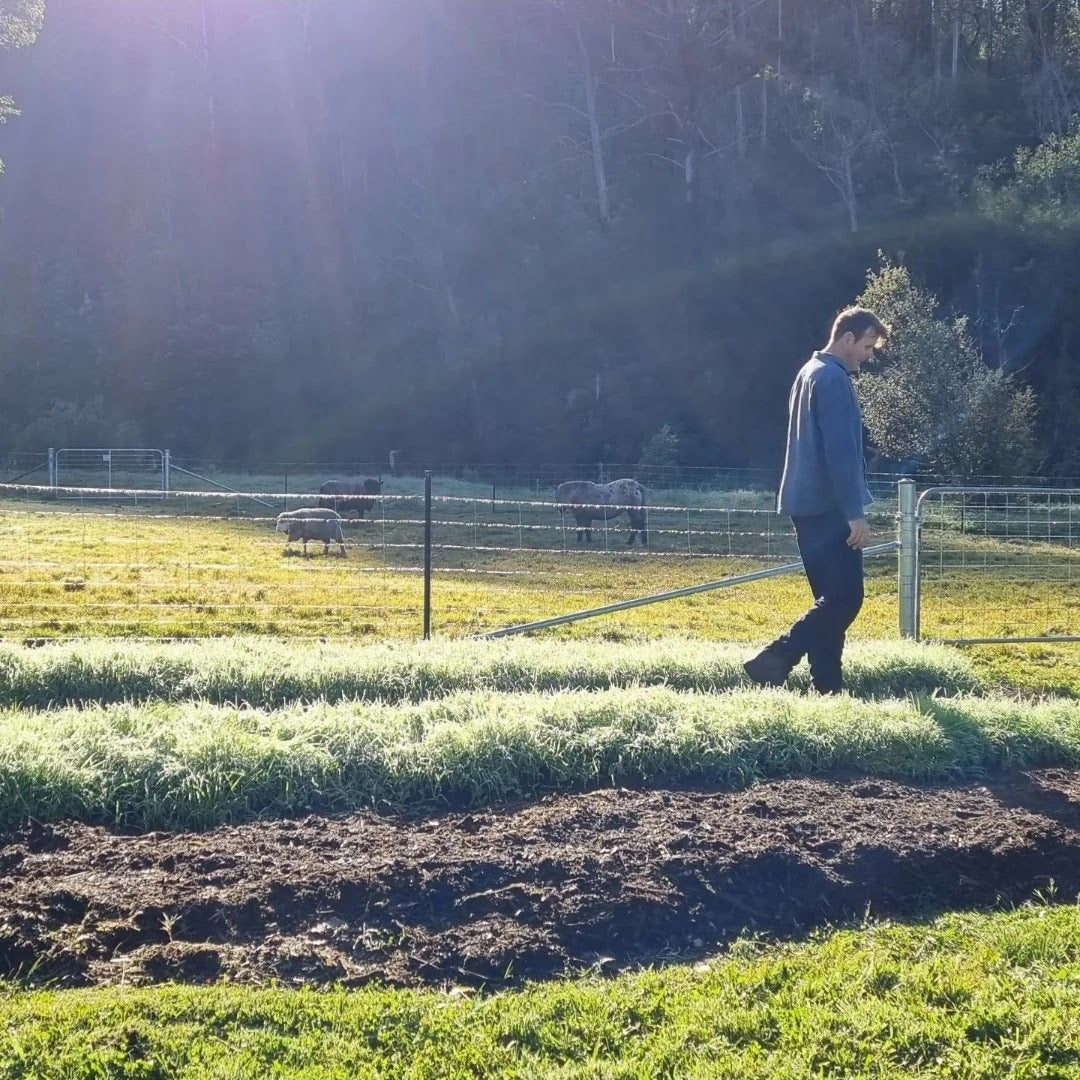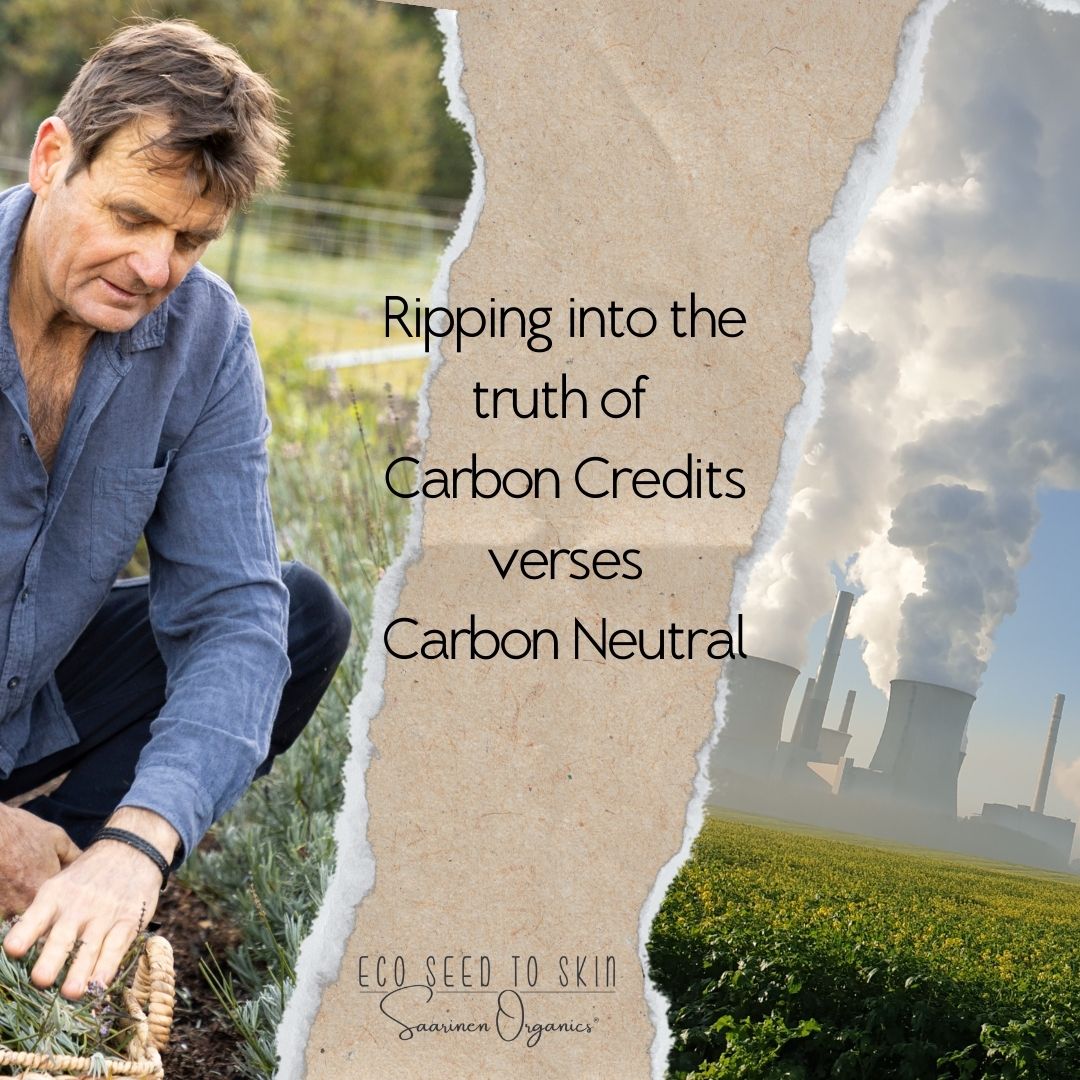Carbon Neutral Explained

Carbon Neutral Farming: Cultivating Sustainability for a Greener Future
Embracing a sustainable and regenerative approach to farming is at the heart of Saarinen Organics. As a passionate advocate for the environment and a firm believer in the power of carbon neutral farming, I am excited to share with you the transformative potential of this agricultural practice. In this article, we will explore the concept of carbon neutral farming, its benefits, and how it contributes to a greener future for our planet.
I. Understanding Carbon Neutral Farming
Carbon neutral farming is a holistic approach that aims to balance the carbon emissions produced by agricultural activities with the removal of an equivalent amount of carbon dioxide from the atmosphere. By actively reducing greenhouse gas emissions and implementing strategies to sequester carbon, farmers can play a crucial role in mitigating climate change.
A. Defining Carbon Neutrality
Carbon neutrality refers to achieving a state where the net greenhouse gas emissions produced by a farming operation are offset by carbon removal or offsetting activities. It involves reducing emissions through sustainable practices and offsetting the remaining emissions through various means such as investing in renewable energy or supporting carbon offset projects.
B. The Importance of Reducing Carbon Footprint Agriculture is a significant contributor to greenhouse gas emissions, particularly through the release of methane from livestock and nitrous oxide from synthetic fertilizers. By reducing our carbon footprint, we can mitigate the impacts of climate change, conserve natural resources, and protect the health and well-being of our planet.
C. The Role of Agriculture in Climate Change Agriculture is not only affected by climate change but also contributes to it. Rising temperatures, unpredictable weather patterns, and increased pest pressure pose significant challenges for farmers. However, by adopting carbon neutral farming practices, we can build resilience, reduce environmental impact, and create sustainable food systems.
II. The Pillars of Carbon Neutral Farming To achieve carbon neutrality, farmers must focus on three essential pillars: soil health and carbon sequestration, renewable energy integration, and carbon offsetting strategies.
A. Soil Health and Carbon Sequestration
Soil health is the foundation of carbon neutral farming. By implementing regenerative agricultural practices, such as cover cropping, crop rotation, and reduced tillage, we can enhance soil organic matter and promote carbon sequestration. Healthy soils act as carbon sinks, removing carbon dioxide from the atmosphere and storing it in the ground.
-
Implementing Regenerative Agricultural Practices Regenerative agriculture emphasizes the use of natural inputs, biodiversity, and soil-building techniques to restore and improve soil health. Practices such as agroforestry, rotational grazing, and composting help enhance carbon sequestration and nutrient cycling.
-
Enhancing Soil Organic Matter Increasing soil organic matter content through practices like adding compost and organic amendments improves soil structure, water retention, and nutrient availability. This, in turn, promotes the growth of healthy plants and the sequestration of carbon in the soil.
-
Utilizing Cover Crops and Crop Rotation Cover crops, such as legumes and grasses, not only protect the soil from erosion but also add organic matter and fix atmospheric nitrogen. Crop rotation helps break pest and disease cycles and improves soil fertility by diversifying plant species.
B. Renewable Energy Integration Transitioning to renewable energy sources is a key component of carbon neutral farming. By harnessing the power of the sun, wind, or biogas, farmers can reduce their reliance on fossil fuels and minimize greenhouse gas emissions.
-
Harnessing the Power of Solar Energy Installing solar panels on farm buildings and utilizing solar-powered irrigation systems and machinery allows us to generate clean energy while reducing our carbon footprint. Saarinen Organics relies entirely on stand-alone solar power, making us a truly off-grid and sustainable operation.
-
Exploring Wind and Biogas Energy In regions with suitable wind resources, wind turbines can be installed to generate electricity. Biogas systems, on the other hand, can convert organic waste into renewable energy, reducing methane emissions while providing a sustainable energy source.
II. The Benefits of Carbon Neutral Farming Carbon neutral farming offers numerous benefits for farmers, communities, and the planet as a whole.
A. Climate Change Mitigation By reducing greenhouse gas emissions and promoting carbon sequestration, carbon neutral farming actively contributes to mitigating climate change. It helps reduce the concentration of greenhouse gases in the atmosphere, which in turn helps stabilize global temperatures and weather patterns.
B. Improved Soil Health and Fertility Regenerative practices employed in carbon neutral farming enhance soil health, promoting nutrient cycling, water retention, and microbial diversity. This leads to increased crop yields, improved plant health, and reduced reliance on synthetic inputs, ultimately creating more resilient and productive farming systems.
C. Biodiversity Conservation Through the adoption of regenerative practices, carbon neutral farming supports biodiversity conservation. By preserving and restoring habitats, implementing agroforestry systems, and minimizing pesticide use, farmers provide a safe haven for native flora and fauna, contributing to overall ecosystem health.
D. Sustainable Food Production Carbon neutral farming ensures the production of sustainable, nutritious, and ethically produced food. By prioritizing ecological integrity, farmers can offer consumers high-quality, locally sourced produce, fostering a closer connection between people and the land.
Conclusion: Carbon neutral farming represents a significant shift in agricultural practices, addressing the urgent need for sustainability and climate change mitigation. Saarinen Organics is proud to be part of this movement, championing regenerative practices & renewable energy. By embracing carbon neutrality, we are cultivating a greener future, one where farming harmonizes with nature, promotes ecosystem health, and nourishes both people and the planet. Together, we can create a sustainable and resilient food system for generations to come.


